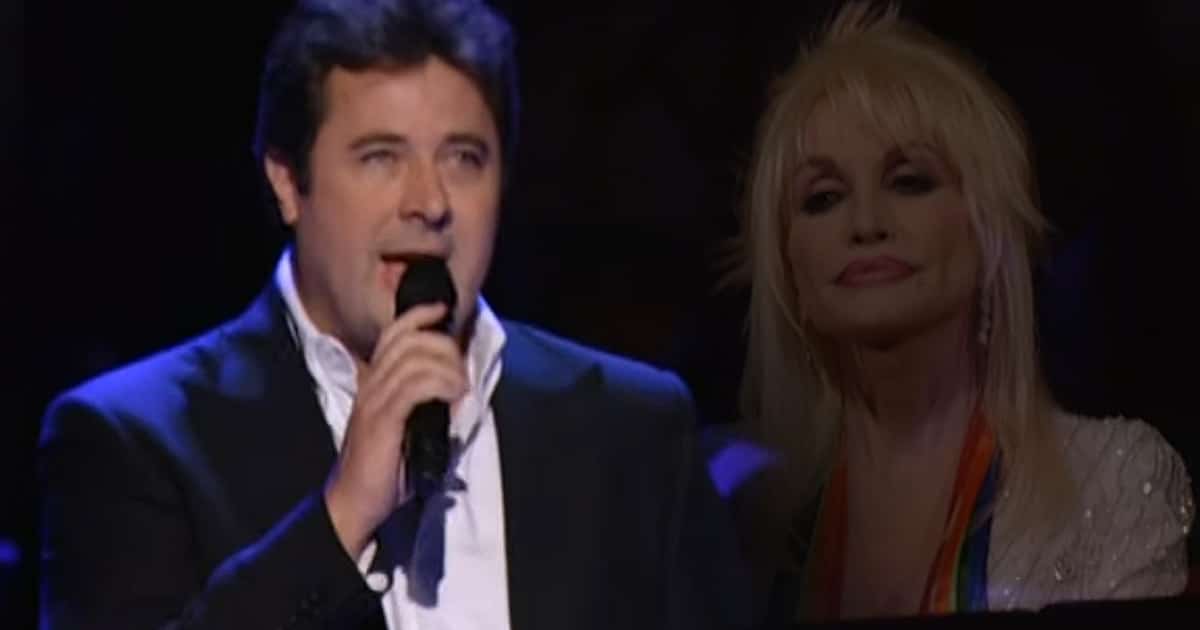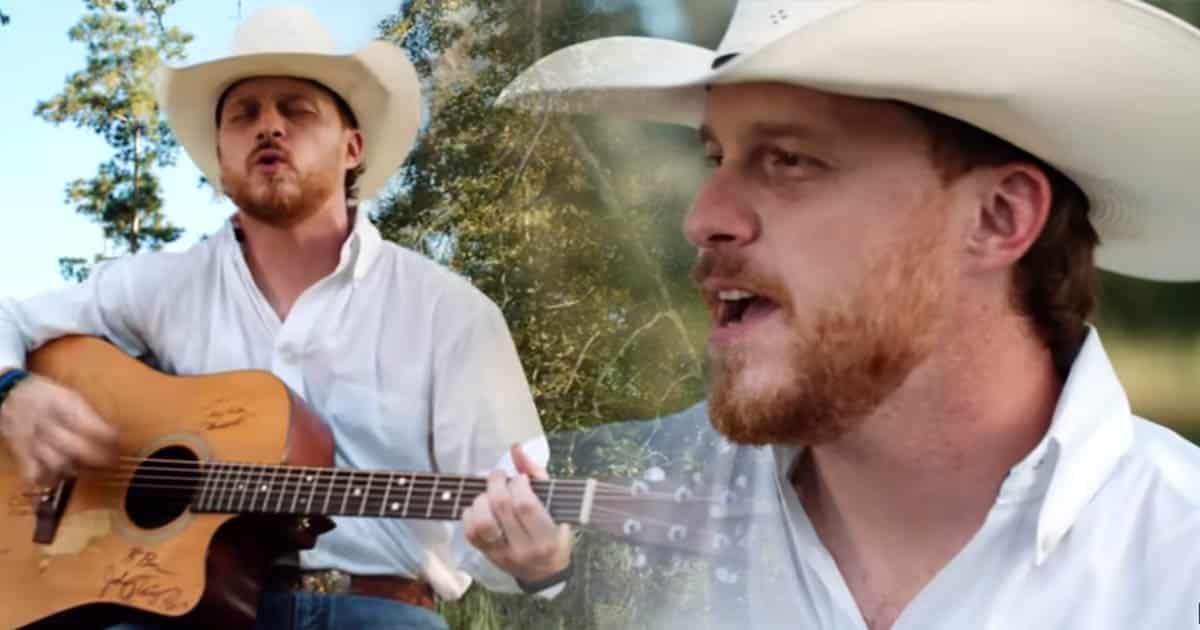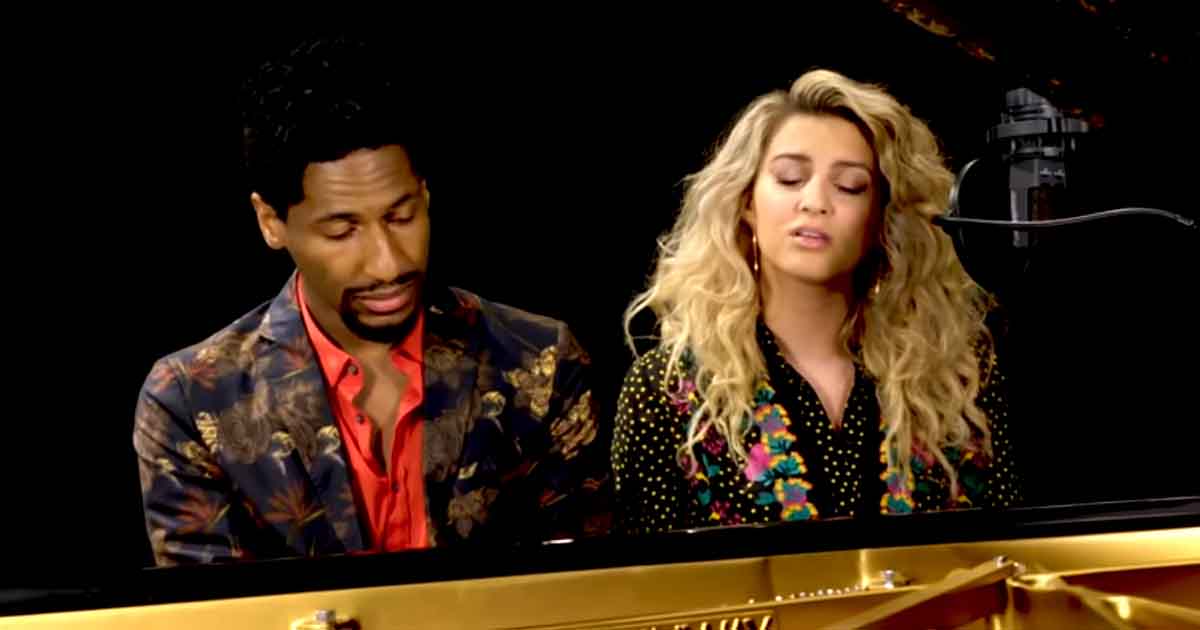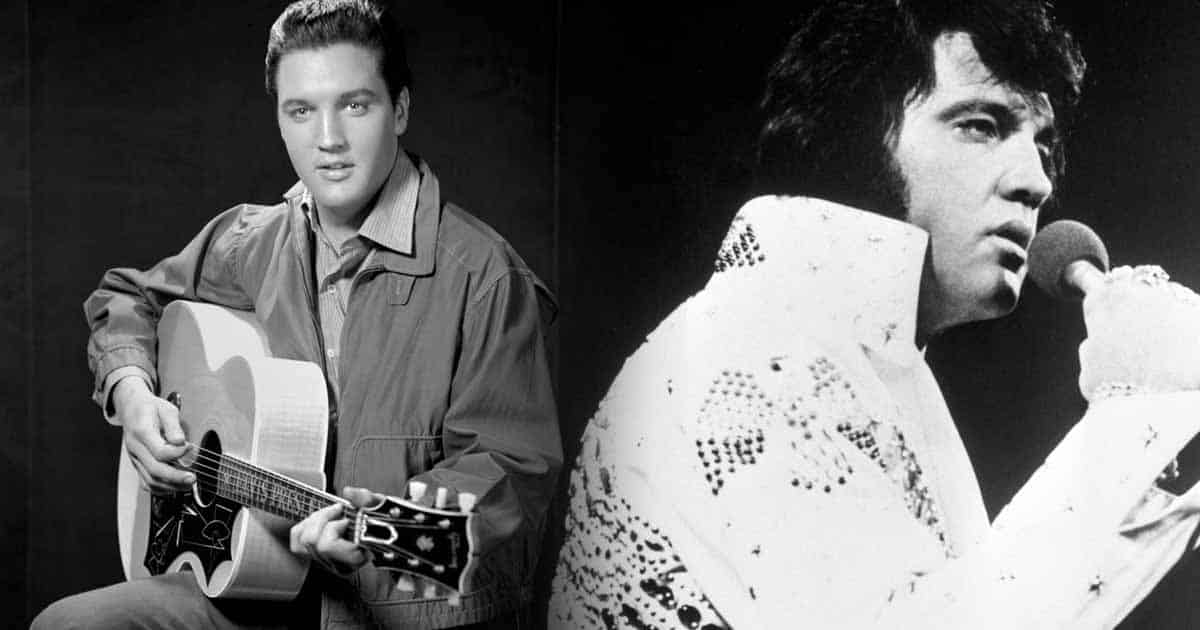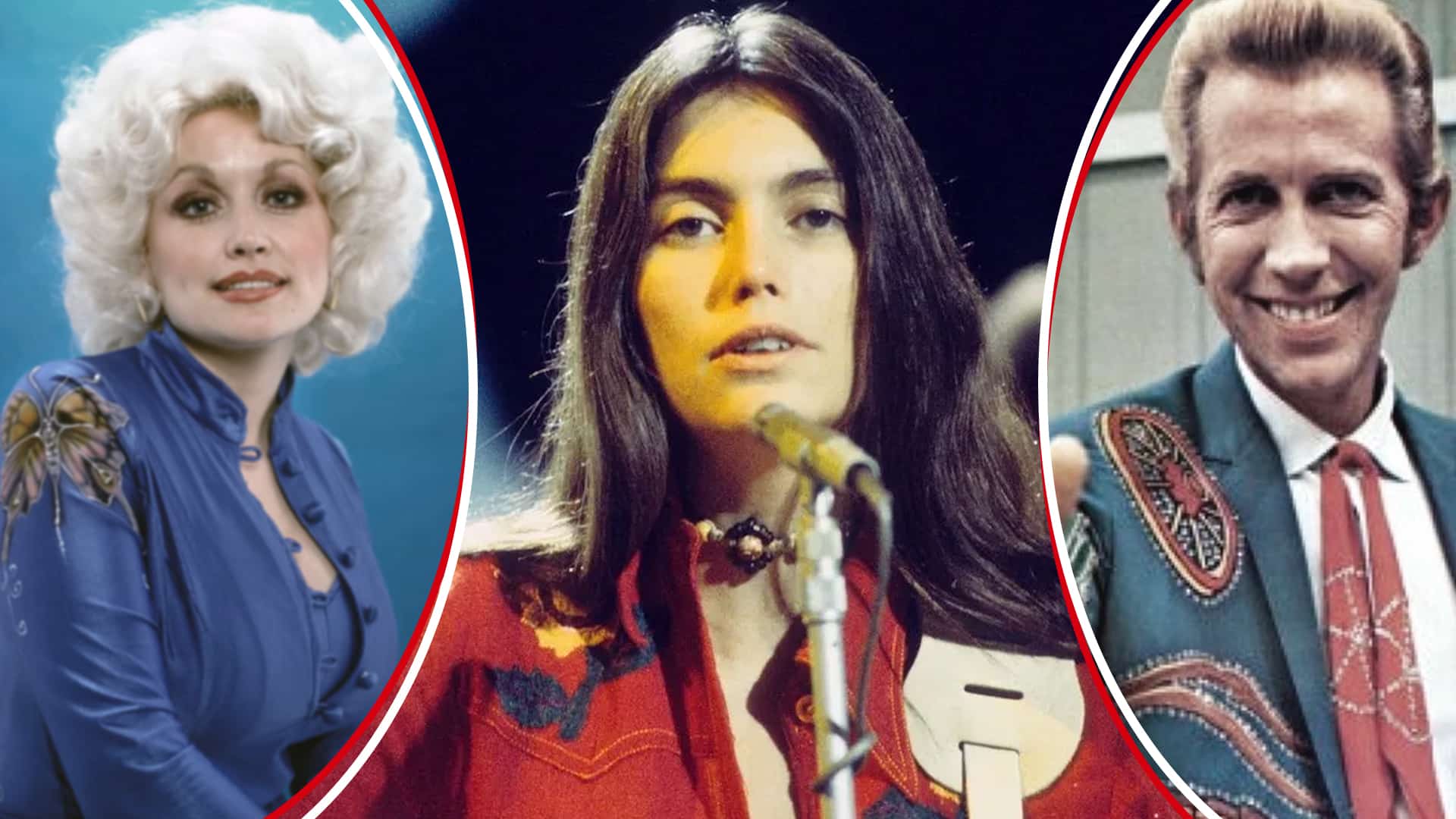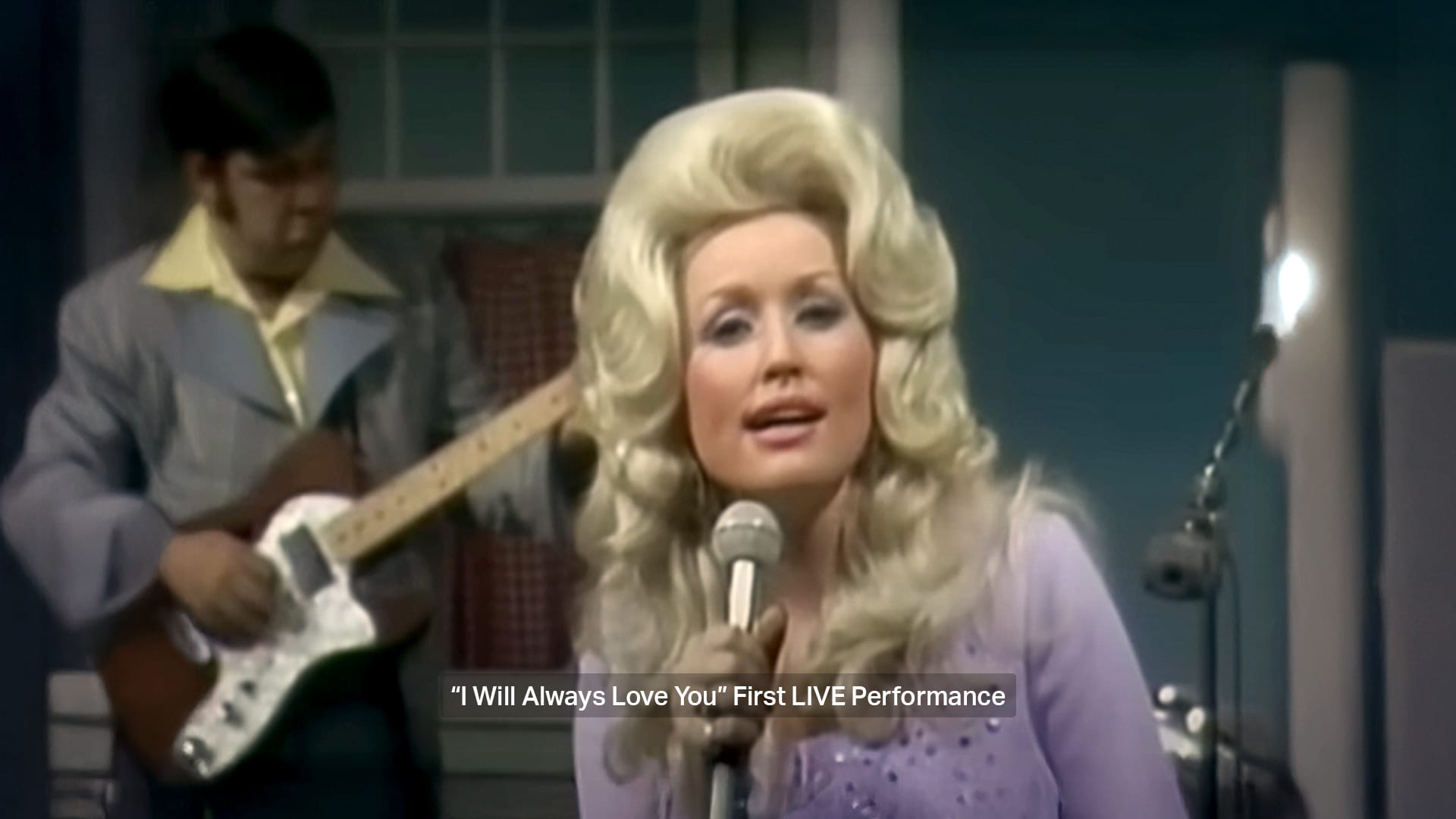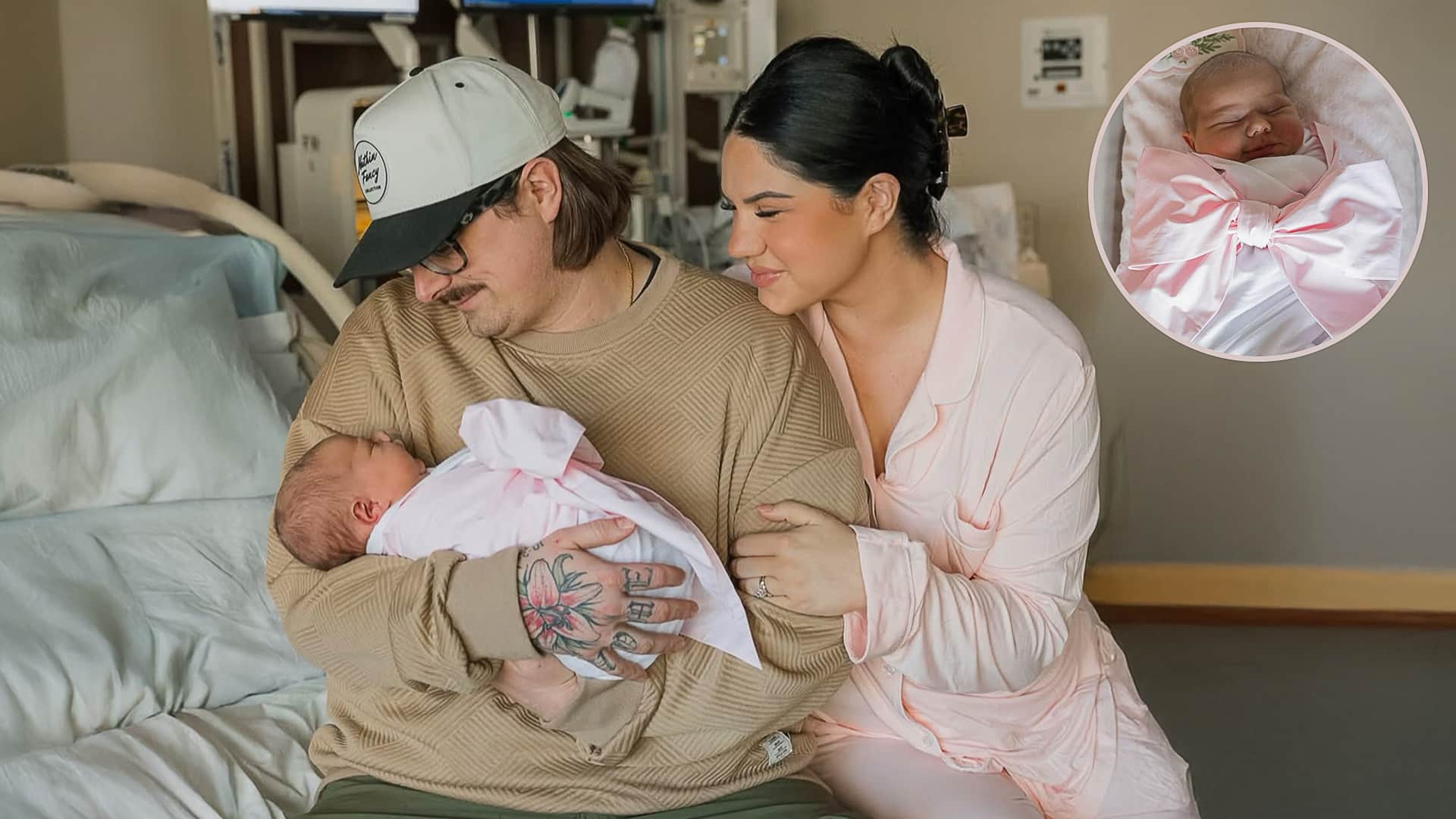Willie Nelson (1933-Present)
Willie Nelson, in full Willie Hugh Nelson, is an American singer, songwriter, guitarist, actor, and activist. Willie Nelson is also famously nicknamed as “Redheaded Stranger” and “Shotgun Willie”, it is the same name of his successful albums that made him a national icon in the history of American country music. His innovative songwriting has resulted in No. 1 hits for dozens of artists stars like Ray Price (“Night Life”), Patsy Cline (“Crazy”), Faron Young (“Hello Walls”), and Billy Walker (“Funny How Time Slips Away”).
Willie Nelson is a long-haired, bandana-wearing performer, a versatile artist who has contributed to the “outlaw country” subgenre which challenged the conservatism in Nashville. As an Actor, Willie has appeared in over 30 films and has co-authored several books. Now in his 80s, Willie is still actively recording, touring, devoting his time to charity and involving in activism, particularly for the use of biofuels and the legalization of marijuana.
Early Life
Willie Hugh Nelson was born in Abbott, Texas, on April 29, 1933, during the Great Depression. He and her sister Bobbie, who is two years older than him, were raised by their paternal grandparents.
Willie and Bobbie attended their town’s local church, where they were first exposed to music. Willie got his first guitar, given by his grandfather, at the age of six. He wrote his first song at age seven and began playing in a local band, ‘Bohemian Polka’, at age nine. His family picked cotton during summers, Willie didn’t like picking cotton so, to help earn money, he began playing at dance halls, parties and honky-tonks from age 13 through high school.
Willie attended Abbott High School. In school, he was part of the school’s football and basketball teams. In 1947, Willie sang and played the guitar for a band named ‘The Texans’, which already featured Bobbie on piano. They then played the local clubs for the next few years.
Willie joined the ‘American Air Force’ as soon as he graduated from high school in 1950. He was stationed at Lackland in San Antonio, and after eight to nine months, he was honorably discharged due to back pain. In the mid-1950s, he joined ‘Baylor University’ and studied farming, but midway through the program, he decided to drop out and pursue a career in music.
Music Career
After working several part-time jobs like a nightclub bouncer, auto house parts man, saddle maker, and tree trimmer, he landed one as a country DJ at Fort Worth’s KCNC in 1954. In 1956, he headed to Vancouver, Washington, where he recorded Leon Payne’s “Lumberjack”. For the next few years, Willie continued to DJ and sing in honky-tonks. During this time, he sold “Family Bible“ to a guitar instructor for 50 dollars, and it became a hit for Claude Gray in 1960.
Willie got work as a staff writer for Pamper Music and he quickly became one of the most talented songwriters in the business. Willie’s songs provided major hits for several other artists like Faron Young who took “Hello Walls” to number one on country charts for nine weeks and was a Top 20 pop hit, Billy Walker made “Funny How Time Slips Away” into a Top 40 country smash, and Patsy Cline made “Crazy” into a Top Ten on both country and pop. Two years later, Ray Price’s recording of his “Night Life” was also a Top 40 country hit.
By 1972, Willie wasn’t even able to reach the country Top 40. Discouraged by his lack of success, Willie decided to retire from country music. Before moving back home to Texas, he ventured into pig farming, he sold bibles and vacuum cleaners door-to-door and he eventually became a sales manager for the Encyclopedia Americana. Once he arrived in Texas, spotting an opportunity, he let his hair and his beard grow long and he began performing again until he earned a contract with Atlantic.
The ’70s -’90s
“Shotgun Willie” (1973), Willie’s first album for Atlantic earned good reviews and cultivated a fanatical cult following. In 1975, he severed ties with Atlantic and signed to Columbia Records, these gave him complete creative control of his records. Willie’s first effort for Columbia, “The Red-Headed Stranger”, was a minimalist concept album, featuring only his guitar and his sister’s piano. It was a huge hit, thanks in part to Willie’s spare cover of Fred Rose’s “Blue Eyes Crying in the Rain.”
Willie Nelson’s brand of country, by then known as “Outlaw”, had become a sensation. Willie team up with Jennings to record the popular single “Mamas Don’t Let Your Babies Grow Up to Be Cowboys,” which won the Grammy Award for best country vocal performance by a duo or group.
In 1978, Willie released Stardust which unexpectedly became one of the most successful records in his catalog, it sold four million copies and spends almost ten years in the country charts. After the success of Stardust, Willie acted into a movie, appearing in the Robert Redford movie The Electric Horseman in 1979. He also starred in Honeysuckle Rose the subsequent year. Then he again made a hit “On the Road Again,” which became another one of Willie’s signature songs.
Willie had tremendous success in 1982 with a cover of Elvis Presley’s hit “Always on My Mind.” The single spent two weeks at number one on Billboards’ Hot Country Singles and reached number five on the pop charts. The release won three awards during the 25th Annual Grammy Awards: Song of the Year, Best Country Song and Best Male Country Vocal Performance. The single was certified platinum; while the album was certified quadruple-platinum, and later inducted into the Grammy Hall of Fame in 2008. In 1984, a duet with Latin pop star Julio Iglesias, “To All the Girls I’ve Loved Before,” became another success, peaking at number five on the pop charts and number one on the country singles chart.
In November 1990, Willie’s assets were seized by the Internal Revenue Service, which claimed that he owed $32 million. In 1992, Nelson released The IRS Tapes, “Who’ll Buy My Memories?”. The profits of the double album and the auction of Willie’s assets cleared his debt. During the 1990s and 2000s, Nelson continued touring extensively and released albums per annum. He explored genres like reggae, blues, jazz, and folk.
Willie Nelson was inducted into the Country Music Hall of Fame in 1993 and received the GRAMMY Lifetime Achievement Award in 1999. In 2003, CMT placed him at No. 4 among the “Greatest Men of Country.” And, in 2008, his distinctive vocal style earned him the No. 88 spot on Rolling Stone magazine’s list of 100 Greatest Singers of All Time.
The 2000s
In 2015, Nelson published the raw and full story of his life called, “It’s A Long Story: My Life,” It was a successful move as he managed to be on the New York Times’ bestsellers list. He also released a studio album with Merle Haggard titled “Django and Jimmie”, which debuted at #1 on Billboard ‘s Country album chart and #7 on Billboard ‘s Top 200 album chart. In the same year, the Library of Congress honored him with their Gershwin Prize for Popular Song for his contributions to popular music. He is the first country artist to receive the distinguished award.
Early in 2016, Willie released Summertime: Willie Nelson Sings Gershwin. The album soared on both the Top Current Jazz chart and the Top Traditional Jazz chart, as well as earned him a Grammy Award for the Best Traditional Pop Vocal Album.
In April 2017, Willie released two albums of newly recorded performances: God’s Problem Child, with 13 new songs that debuted at #1 on Billboard’s Country album chart and #10 on the Billboard 200, and Willie Nelson and The Boys, that includes 11 country classics and one brand-new song performed by Nelson and his sons Lukas and Micah.
For 2018, Willie released Last Man Standing in April to celebrate his 85th birthday. The album debuted at number three on the Billboard Top Country Albums chart. In September he released the album “My Way”, a tribute to Frank Sinatra; it took home the Grammy for Best Traditional Pop Vocal Album. Willie released his latest and next studio album, Ride Me Back Home, in June 2019.
Personal Life
Willie Nelson has been married four times and fathered seven children. His first marriage was to Martha Matthews from 1952 to 1962. The couple had two living children, their third killed himself in 1991. Willie’s next marriage was to Shirley Collie from 1963 to 1971, then Connie Koepke from 1971 to 1988, and they had two daughters. Willie married his current wife, Annie D’Angelo, in 1991, and they had two sons. They now split their lives between Hawaii and Texas.
A supporter of the LGBT movement, Willie’s compassion, and activist work extends into the animal kingdom as well, and over the years he has been involved with various animal-welfare groups, including the Society for Protective Animal Legislation, Best Friends Animal Society and the Animal Welfare Institute.
In 2007, Willie started marketing his own brand of green fuel, BioWillie, a combination of diesel and biodiesel made from soybeans. Willie is also the president of the board of Farm Aid, and he is the honorary chairman of the advisory board of the Texas Music Project, the official music charity of the state of Texas.
Nelson is the co-chair of the advisory board of the National Organization for the Reform of Marijuana Laws (NORML), which is in favor of marijuana legalization. In 2015, Willie’s longtime love affair with cannabis also led him to launch a new business venture—Willie’s Reserve and Willie’s Remedy, a line of marijuana products grown and sold in the states where pot was already legal. Nelson frequently visited the White House, where, as per biographer Joe Nick Patoski in Willie Nelson: An Epic Life, he smoked marijuana on the White House roof.
Willie holds a second-degree black belt in “Taekwondo” and holds a 5th-degree black belt in the Korean martial art “GongKwon Yusul”, having received it shortly before his 81st birthday in 2014. Nelson’s famous acoustic guitar, named Trigger, is a 1969 Martin N-20 and, Willie’s tour bus is called “Honeysuckle Rose V”.



